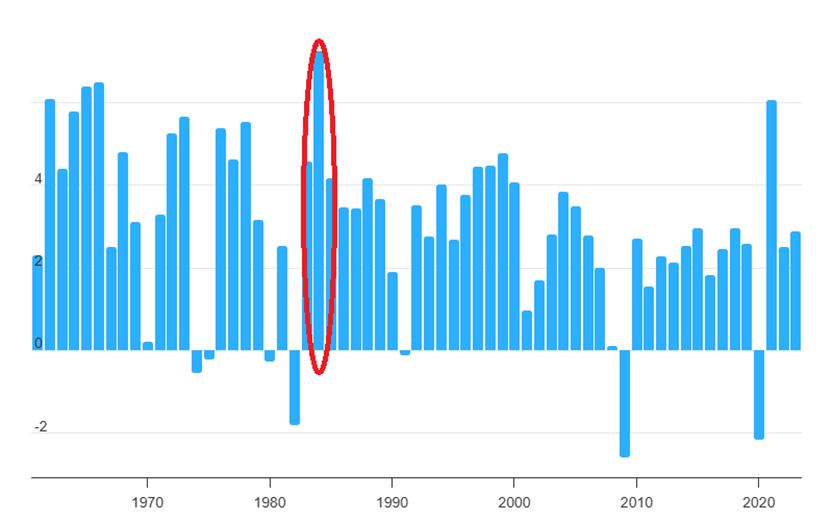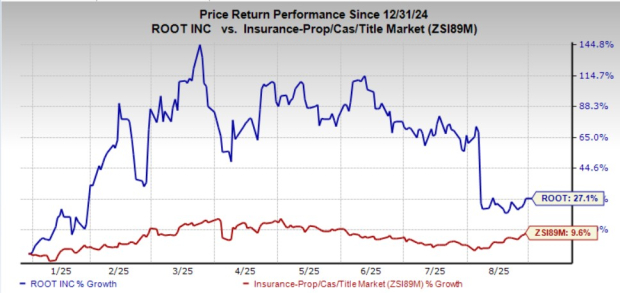The Essential Role of Market Makers in Financial Markets
A market maker is a firm or individual that helps facilitate the buying and selling of securities by providing liquidity. They do this by being ready to buy and sell at publicly quoted prices, which helps trades occur smoothly. Market makers profit from the spread, the difference between the buy (bid) and sell (ask) prices. They are important in maintaining market efficiency, particularly for less frequently traded securities, where finding a counterparty might be more difficult.
For building or diversifying your portfolio, a financial advisor can help you analyze investments and manage risk.
Understanding Market Makers
Market makers are crucial players in the trading of assets such as stocks, bonds, or options. Always prepared to complete a transaction, they ensure that investors can trade when they wish, even when a counterparty isn’t immediately available.
Typically, market makers operate on large exchanges like the New York Stock Exchange (NYSE) or Nasdaq. They contribute to market efficiency by narrowing the bid-ask spread—the gap between the highest price a buyer is willing to pay and the lowest price a seller will accept. A narrower spread means trades can occur more easily and affordably.
Beyond providing liquidity, market makers also help stabilize prices. They react to market fluctuations by buying and selling, which is especially important in less active markets where prices could swing dramatically without their involvement.
Importance of Liquidity in Stock Trading
Liquidity is vital to the stock market because it enables trades to occur without causing significant price changes, thus supporting stability. High liquidity indicates there are sufficient buyers and sellers to meet demand. This situation allows investors to enter or exit their positions easily.
If market makers did not exist, investors might face delays or be forced to sell at lower prices or buy at higher prices when counterparties are scarce. They help balance the flow of transactions, reducing large price swings and enhancing market efficiency and accessibility.
Different Types of Market Makers

Market makers can be independent companies or large financial institutions such as banks. Some focus on specific asset types like equities, bonds, or foreign exchange.
The most common type is the designated market maker (DMM), present on major stock exchanges like the NYSE. These market makers are assigned particular securities to manage, ensuring fair and orderly markets by consistently quoting buy and sell prices for those securities.
On the other hand, an electronic market maker operates mainly on electronic platforms like Nasdaq. Utilizing advanced algorithms and systems, these market makers provide liquidity for a broad range of securities, enabling fast execution of trades in today’s high-speed markets.
Additionally, some investment banks and broker-dealers act as market makers in the bond and derivatives markets, quoting prices and maintaining inventories of various financial instruments.
Revenue Models for Market Makers
Market makers primarily generate profit through the bid-ask spread, which is the difference between their buying price (bid) and selling price (ask). For example, if they set a bid price at $100 and an ask price at $101 for a stock, they earn $1 for each trade completed.
Besides the bid-ask spread, market makers can also profit from holding inventory. They may keep certain positions in anticipation of price increases. While this approach carries some risk, it can lead to additional profit beyond the initial spread.
Another income source is payment for order flow (PFOF). Brokers may route their clients’ orders to particular market makers in exchange for compensation, providing an ongoing stream of order flow that they can capitalize on.
Market makers must adeptly manage risk due to the unpredictable nature of market conditions. By employing technology and handling large volumes of trades, they strive to achieve consistent profitability while ensuring liquidity in the markets.
Conclusion

Market makers are instrumental in the financial markets. Their continuous quoting of buy and sell prices helps provide liquidity and fosters a more stable trading environment. By minimizing the bid-ask spread, they facilitate quicker and fairer transactions for investors. Their actions also mitigate market volatility by addressing supply and demand imbalances. Whether found on traditional exchanges or electronic platforms, market makers are key players in ensuring efficient and accessible financial markets.
Tips for Investment Planning
- A financial advisor can assist you in creating a customized portfolio. SmartAsset’s free tool connects you with up to three vetted financial advisors in your area, allowing you to have an introductory call to find the right match for your needs.
- If you want to estimate how much an investment could grow, SmartAsset’s free calculator may help you get a projection.
Photo credit: ©iStock.com/YakobchukOlena, ©iStock.com/Igor Suka, ©iStock.com/PeopleImages
The post What Is a Market Maker and What Do They Do? appeared first on SmartReads by SmartAsset.
The views and opinions expressed herein are the views and opinions of the author and do not necessarily reflect those of Nasdaq, Inc.







